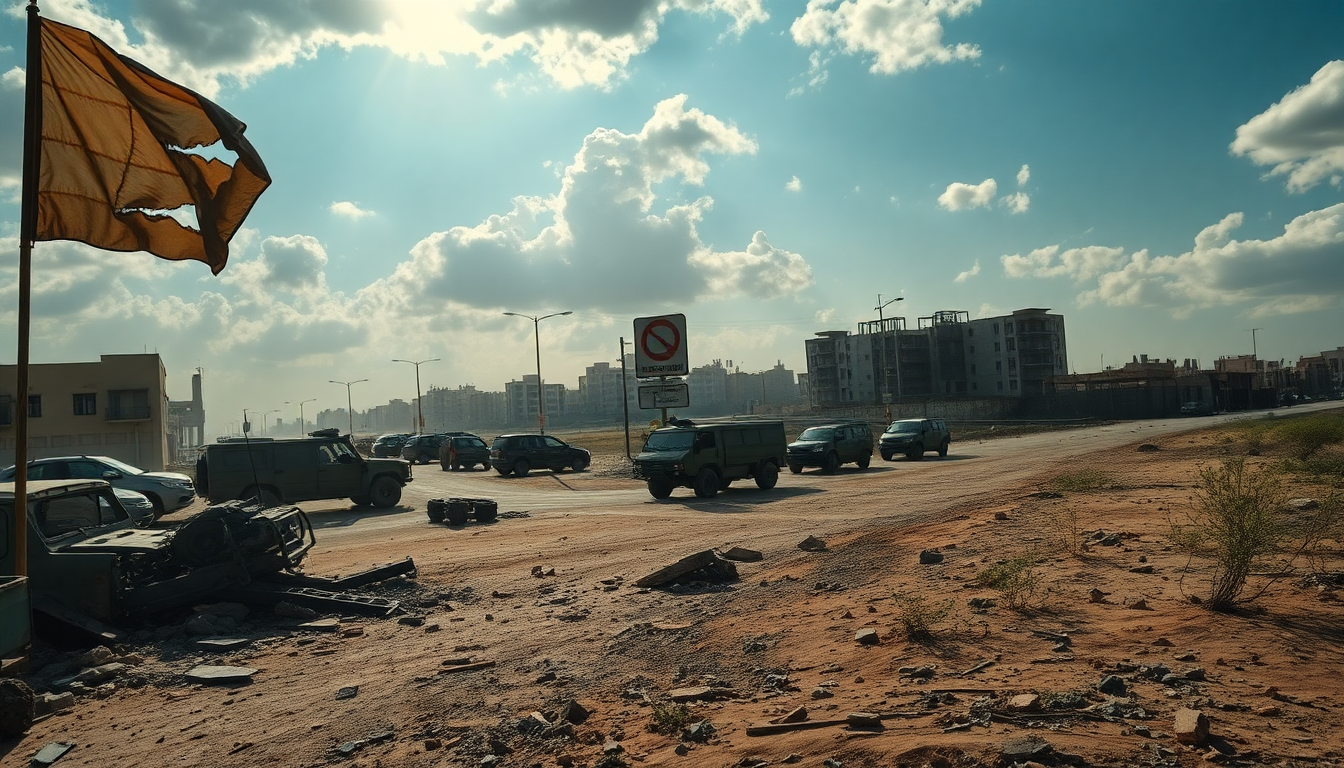Table of Contents
Geopolitical conflicts often raise tough questions about why military actions happen and what they really mean for the people involved. To truly understand how nations navigate these complex situations, we need to dig into the historical contexts, political agendas, and the humanitarian consequences that civilians face. So, what drives these conflicts? In this analysis, we’ll explore the factors at play, the role of international law, and how the narratives we hear shape our perceptions.
Understanding the Historical Context of Military Conflicts
To get a grip on today’s geopolitical landscape, it’s crucial to consider the historical backdrop that shapes relationships between nations. Conflicts often stem from long-standing territorial disputes, historical grievances, and power struggles that can stretch back for decades—or even centuries. Governments frequently justify military actions as necessary for national security or protecting citizens, but these reasons can sometimes mask deeper motivations.
Take, for example, the ongoing conflict in the Middle East. It has deep historical roots tied to territorial claims and religious significance, complicating any efforts for peace. The stories we hear about these conflicts are often colored by historical events like colonialism and revolutions, which have left lasting scars on the collective memory of the nations involved. Understanding these historical dimensions is key to analyzing current military actions and their justifications.
The Role of International Law and Humanitarian Concerns
International law is meant to guide how nations act during conflicts, with treaties like the Geneva Conventions setting the standard for how civilians and combatants should be treated. These guidelines aim to reduce the humanitarian toll of warfare. However, the enforcement of these laws is often hit or miss, and violations can go unchecked, leading to significant suffering for innocent people.
Humanitarian organizations often find themselves in tricky situations, where access to aid is limited and civilian lives hang in the balance. While principles like neutrality and impartiality are vital for these groups, the harsh realities of armed conflict can challenge these ideals. For instance, the situation in Gaza illustrates the tension between military objectives and humanitarian needs, underscoring the delicate balance that must be struck in conflict scenarios.
The Impact of Media Narratives on Public Perception
The way conflicts are portrayed in the media can greatly shape public perception and influence policy decisions. News reports often highlight dramatic events, such as bombings or military operations, while glossing over the broader context and the voices of affected civilians. This selective focus can result in a distorted understanding of the complexities involved in geopolitical conflicts.
Moreover, the way stories are framed can affect how the international community reacts to crises. When humanitarian situations are labeled in specific ways, it can trigger certain responses—prompting intervention or, conversely, fostering indifference. Media narratives, therefore, play a crucial role in shaping the discussions around conflicts and the perceived legitimacy of military actions.
Looking Ahead: The Future of Conflict Resolution
As the geopolitical landscape continues to shift, the urgency for effective conflict resolution strategies grows. Diplomatic efforts, peace negotiations, and international cooperation are essential for tackling the root causes of conflicts and creating sustainable solutions. But lasting peace requires a commitment to understanding the complexities of each situation and addressing the grievances of all parties involved.
Ultimately, the road to peace hinges on the willingness of nations to engage in dialogue, prioritize humanitarian needs, and stick to international norms. By fostering understanding and collaboration, the global community can work towards a future where conflicts are resolved through diplomacy rather than through military action. So, how can we as individuals contribute to this dialogue and support peaceful resolutions? The answer lies in staying informed and advocating for humanitarian principles in our communities.


